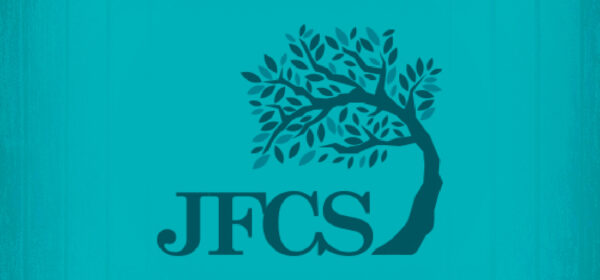Purim Message from CEO, Deb Frockt
By Deb Frockt
Chief Executive Officer
Jewish Family & Career Services
We are about to celebrate a second pandemic Purim, and joyous gatherings will again be relegated to some future when we are further down the vaccine road. This circumscribed moment has me thinking about the name of our Purim heroine, Esther, which comes from the Hebrew root meaning “hide” or “conceal.”
Social distancing and lives lived remotely have the potential to further conceal a crisis that was already largely unfolding in the shadows. Even before the ravages of COVID-19, one in five adults in the United States was living with a mental illness. Women were more likely than men to be living with mental illness, while 18–25-year-old young adults were the most impacted of any age group, with nearly 30 percent living with mental illness.
Despite the overwhelming presence and impact of chronic and acute mental illness, as a society, we have struggled to name these medical conditions and compassionately respond to the needs of those whose suffering is often masked in public and reckoned with in private. This was true before the onset of the pandemic, but the cost of continuing to ignore this hidden pain has the potential to be even greater now.
All of us — from school-aged children and youth to unpaid family caregivers — are living through extraordinary challenges. We are in an extended moment of collective trauma, processing in real time even as we try to prepare for a future that will differ from the past we left behind last March.
Well before the start of this crisis, JFCS invested in training to bring the globally-recognized, evidence-based Mental Health First Aid program to our community because we believe mental illness need not be hidden in the shadows.
Mental Health First Aid training gives anyone the tools to notice and appropriately respond to chronic and acute mental health situations. At JFCS, we believe, and this training proves, that each of us can acquire skills to become an empathetic and effective first-responder to those in need of non-judgmental help and professional support.
As we continue to metabolize the impact of prolonged social distancing, learning how to identify and respond to mental health conditions is a positive action each of us can take — for our family and friends, and for ourselves. With thoughtful training and increased awareness, we can reduce the stigma of mental illness so that no one feels the need to hide.
You can register for a public training March or April training, or find out more about scheduling a customized group training, by contacting: mhfa@jfcslouisville.org.
